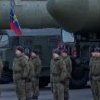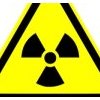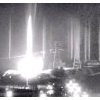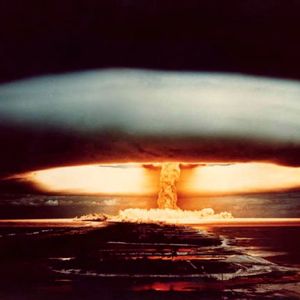Themes
Nuclear Issues
Since President Truman’s decision to detonate two atomic bombs over Japan in a show of U.S. military strength vis-à-vis the Soviets to deter them from retaliating against the Anglo-Saxons at the end of World War 2, numerous initiatives have been undertaken to dissuade Washington from replicating similar crimes. Whereas the USSR acquired its own bomb opening the door to proliferation, neutral States advocated in favour of a nuclear-free world. The international treaties in force consecrate the strategic edge gained by the big powers while depriving the smaller ones of nuclear weapons. These are exploited politically to condemn - rightly or wrongly - insubordinate States (Iran, North Korea) and to protect friendly nations (Israel, India-Pakistan). In the context of the U.S. economic crisis, Obama attempted to reopen denuclearization negotiations. However, vast regions of the planet have already been contaminated, either for having served as nuclear testing grounds or as a combat theater where depleted uranium was used.















